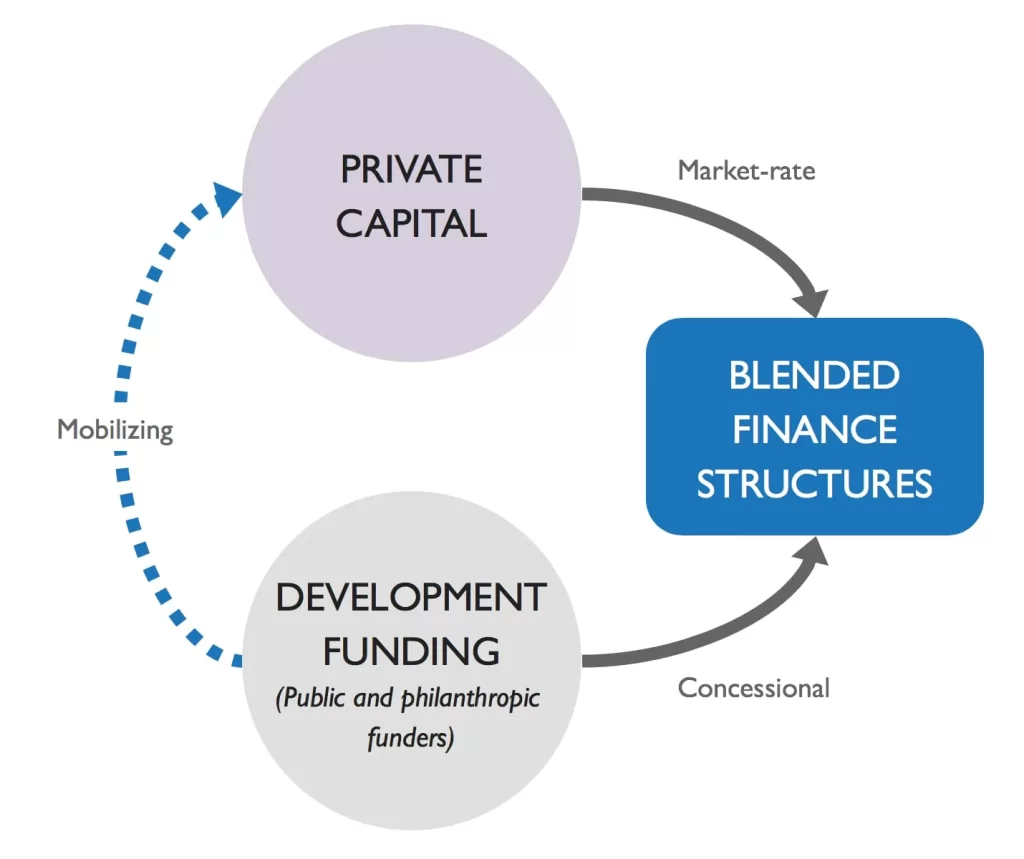The recent webinar, “Moving the finance industry from promises to action,” hosted by the Dubai International Financial Centre (DIFC) in collaboration with The Institute of International Finance (IIF), provided a crucial platform for industry leaders to explore the imperative shift from rhetoric to tangible action in the realm of sustainable finance. This event provided profound insights into the pivotal role sustainable finance plays in fortifying the global economy. With COP28 on the horizon, the webinar delved into industry expectations and showcased Dubai’s progress as a innovator in driving sustainable finance initiatives.
A crucial insight emerged from the event—the acknowledgment of a “deep well of global capital” ready to bridge the funding gap for sustainable initiatives. Despite this, the absence of standardised policies and rules across the board hampers current efforts. Sonja Gibbs, the Managing Director and Head of Sustainable Finance at the Institute of International Finance, highlighted the urgency of transitioning from brown to green financing models. She underscored the need for expert advice and financial support to facilitate this shift, expressing that the speed at which we achieve net-zero emissions hinges largely on government policies providing necessary guidance.
Sonja highlighted fragmentation as a pressing concern, exemplified by initiatives like the US inflation induction act and the EU response to IRA. This fragmentation obstructs a unified approach towards sustainable finance. It was emphasised that climate finance must reach emerging economies, aiming to level the investment playing field and empower nations to actively participate in the transition.
Private financial institutions have the potential to provide approximately 40% of the required $9.2 trillion annual investment needed to support a global economy-wide transition to net-zero by 2050. However, these institutions have limited direct influence over emissions reductions by their clients and investees. Various external factors impact the feasibility and success of clients’ transition activities, making them non-controllable variables. Moreover, this leaves investors more vulnerable to climate litigation risks, which include greenwashing, disclosure inaccuracies, anti-trust issues, and collision risks. These risks threaten industry stability, underscoring the importance of pro-growth policy frameworks and market conditions conducive to sustainable finance.

A critical aspect of the solution lies in blended finance, defined by the OECD as the “strategic use of development finance for the mobilisation of additional finance towards sustainable development in developing countries” to support sustainable initiatives. The webinar stressed that the international rules are imperative to ensure standard credibility across regulations. This unified approach will not only bolster investor confidence but also streamline the implementation of sustainable finance principles.
The event underscored the rapid progress financial institutions have made in developing capabilities to support economy-wide net-zero transitions. However, it also acknowledged the practical limitations within the financial sector, necessitating a holistic consideration of policy frameworks and regulatory approaches. Despite challenges such as politicisation and climate-related litigation, transition finance markets continue to exhibit dynamic growth, showcasing the resilience of sustainable finance.
Financial institutions play a pivotal role in climate risk management and aligning with net-zero frameworks. While progress has been made, there is room for growth, with fewer than 1,500 financial institutions currently disclosing based on TCFD Framework. Regulators and supervisors have published climate risk management principles, and discussions regarding potential adjustments to capital frameworks are ongoing.
In summary, the DIFC webinar provided a comprehensive overview of the sustainable finance landscape, highlighting the critical roles of financial institutions, regulators, and international cooperation. As the world progresses towards COP28, the urgency to translate commitments into tangible action within the finance industry has never been more apparent. By addressing fragmentation, navigating litigation risks, and fostering international collaboration, the finance industry can lead the way in building a sustainable future for all.
Matthew Millard-Beer is CEO & Founder, based in Itriom’s London Office.
Itriom is the global impact platform helping leading families shape a better world. Itriom’s platform enables families to refresh and redesign their values, aligns them with the right UN Sustainable Development Goals, combining them in an agreed purpose and a Family Impact Charter. Itriom’s platform supports the development of impact initiatives and whilst providing discrete and secure spaces for peer-to-peer messaging and collaboration. Itriom’s core practices in leadership, geostrategy, and sustainability benefit clients by developing strategies to engage and support the next generation in building a lasting legacy of which families can be proud.
Itriom’s leadership and resilience practice instils all-encompassing leadership in support of principals of leading families and the next generation preparing for family succession, transition and evolution.
© 2024 Itriom Limited. All rights reserved. Republication or redistribution of Itriom’s content, including by framing or similar means, is prohibited without the prior written consent of Itriom Limited. This material is provided for informational purposes only.
ESG Consultant
Alizah is an ESG Consultant and researcher. She supports Itriom developing sustainability related products and services, helping our clients identify potential opportunities for creating positive environmental, social and sustainable impact.
ESG Analyst
Georgie is an ESG Analyst and researcher. She researches trends, develops insights and reports, and writes insight articles on sustainability and ESG related topics to ensure Itriom’s clients are up to date on the latest policy, progress and initiatives to inform the platform and help our clients maximise their positive impact.
Senior Partner
Practice Leader – Leadership & Resilience
Renowned family office thought leader, Tim works with UHNW families to ensure they are fully equipped to deliver their legacies inter-generationally and effectively.
Associate Partner
Practice Leader – Sustainability
Dr. Herb creates methodologies and frameworks for managing, measuring and assessing sustainability performance. His work identifies where maximum impact can be made.
Senior Partner
Practice Leader – Geostrategy
Simon harnesses research, liaison and networks globally to identify opportunities for Itriom, building the knowledge needed to deliver intergeneration legacies for UHNW families.
Managing Partner
Practice Leader – Strategy